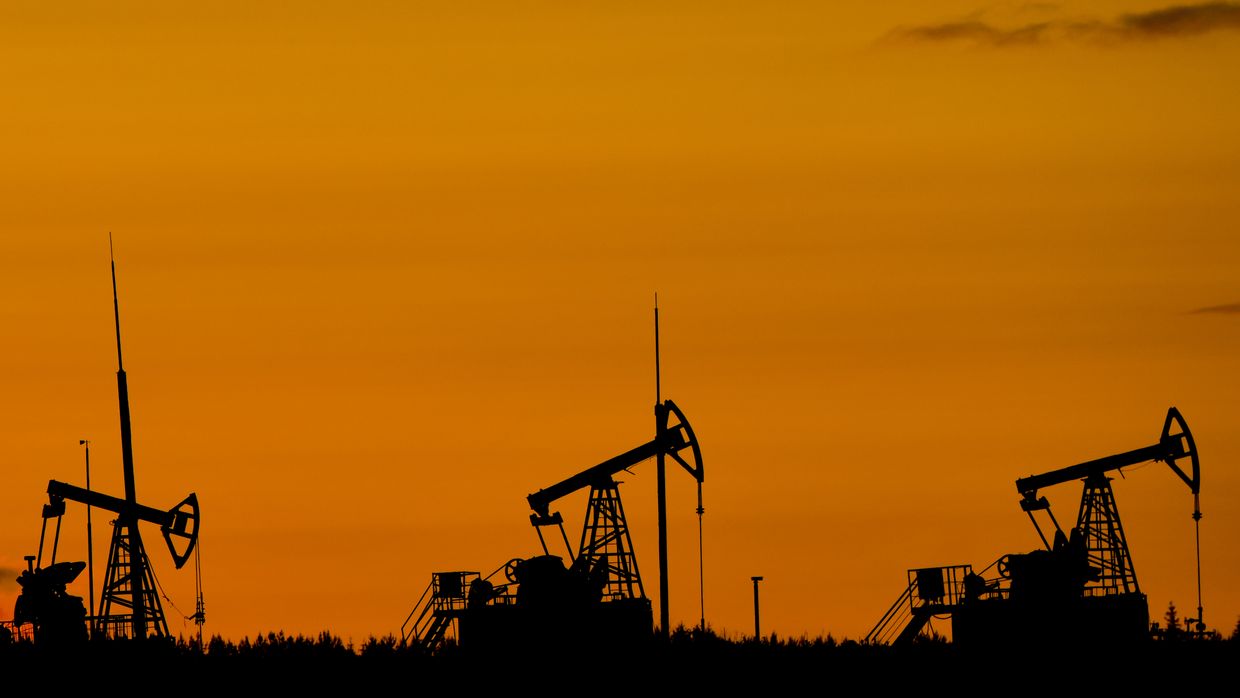U.S. efforts to sanction Russia, Iran, and Venezuela have collided with President Joe Biden's reelection campaign and related desire to keep domestic gas prices low, resulting in measures that are weaker than some in the administration would like to see, the Wall Street Journal (WSJ) reported on June 26, citing sources.
The U.S. and other Western countries have implemented repeated rounds of sanctions against Russia since the beginning of the full-scale invasion, aiming to weaken the financial support for its war machine.
Russia's economy has nonetheless remained unexpectedly resilient, largely buoyed by sales of oil and other fossil fuels. The U.S. has been cautious about targeting the Russian energy industry too aggressively, as it could have the potential to increase fuel prices at home.
Economic issues, including energy prices, regularly rank among the top concerns of U.S. voters. A sharp increase in the cost of gas could hurt Biden's competitiveness in the upcoming presidential election. Recent polls have indicated that the race between Biden and the presumptive Republican nominee, former President Donald Trump, remains very tight.
"(Biden) has wanted to do everything that he could to make sure that American consumers have the lowest price possible at the pump, as it affects families' daily lives," a senior administration official told the WSJ.
"Nothing terrifies an American president more than a gasoline-pump price spike," Bob McNally, the president of consulting firm Rapidan Energy Group and a former White House official, said in comments to the WSJ.
"They will go to great lengths to prevent this, especially in an election year."
The White House's hesitance to fully lean into targeting Russia's energy industry has been demonstrated both explicitly and implicitly.
When the U.S. announced new "sweeping" sanctions against Russia earlier in June, the measures primarily impacted the Russian banking sector, not the oil industry, which has remained the lifeblood of the Russian economy.
U.S. officials have also said they disapprove of Ukrainian strikes on Russian oil refineries and have cautioned that it could lead to higher energy prices across the West, which could, in turn, risk "dampening European support for Ukraine aid."
While some Treasury officials told the WSJ they were frustrated by the lack of "action against oil-trading networks that ferry Russian and Iranian oil," others said that the administration's policies were "finely balanced."
"Our two goals, which are lowering costs for the American people and lowering profits for the Kremlin, are very much aligned with each other," an unnamed Treasury official said.














